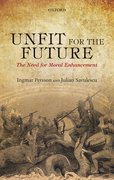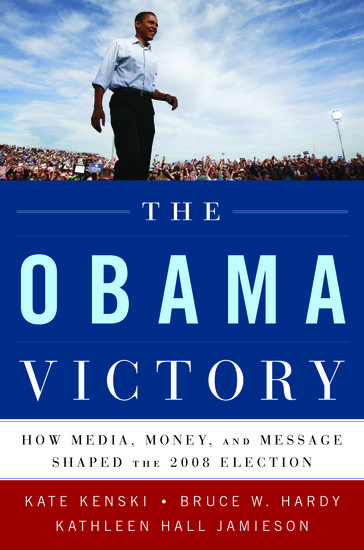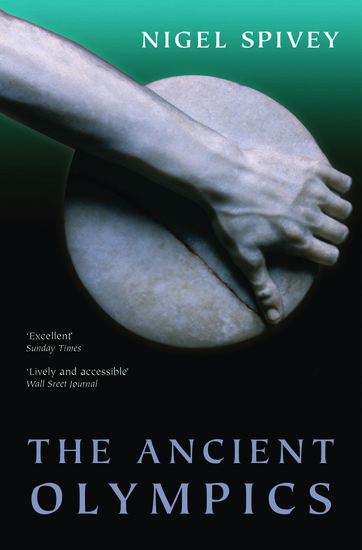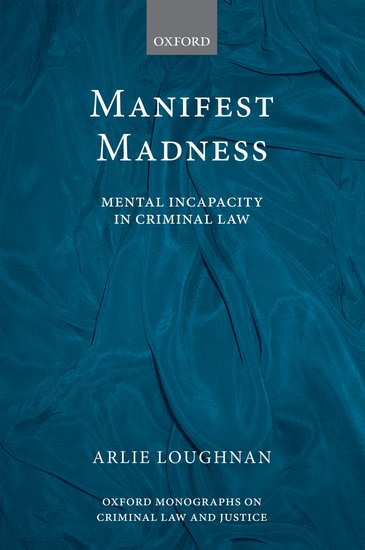So what is ‘phone hacking’?
By Professor Ian Walden
Over the past two years there has been much furore over journalists accessing the voicemail of celebrities and other newsworthy people, particularly the scandal involving Milly Dowler. As a result of the subsequent police investigation, ‘Operation Weeting’, some 24 people have since been arrested and the first charges were brought by the Crown Prosecution Service in July 2012 against eight people, including Rebekah Brooks and Andy Coulson. The leading charge was one of conspiracy “to intercept communications in the course of their transmission, without lawful authority”. But what does ‘phone hacking’ mean and have the CPS got it right?





















